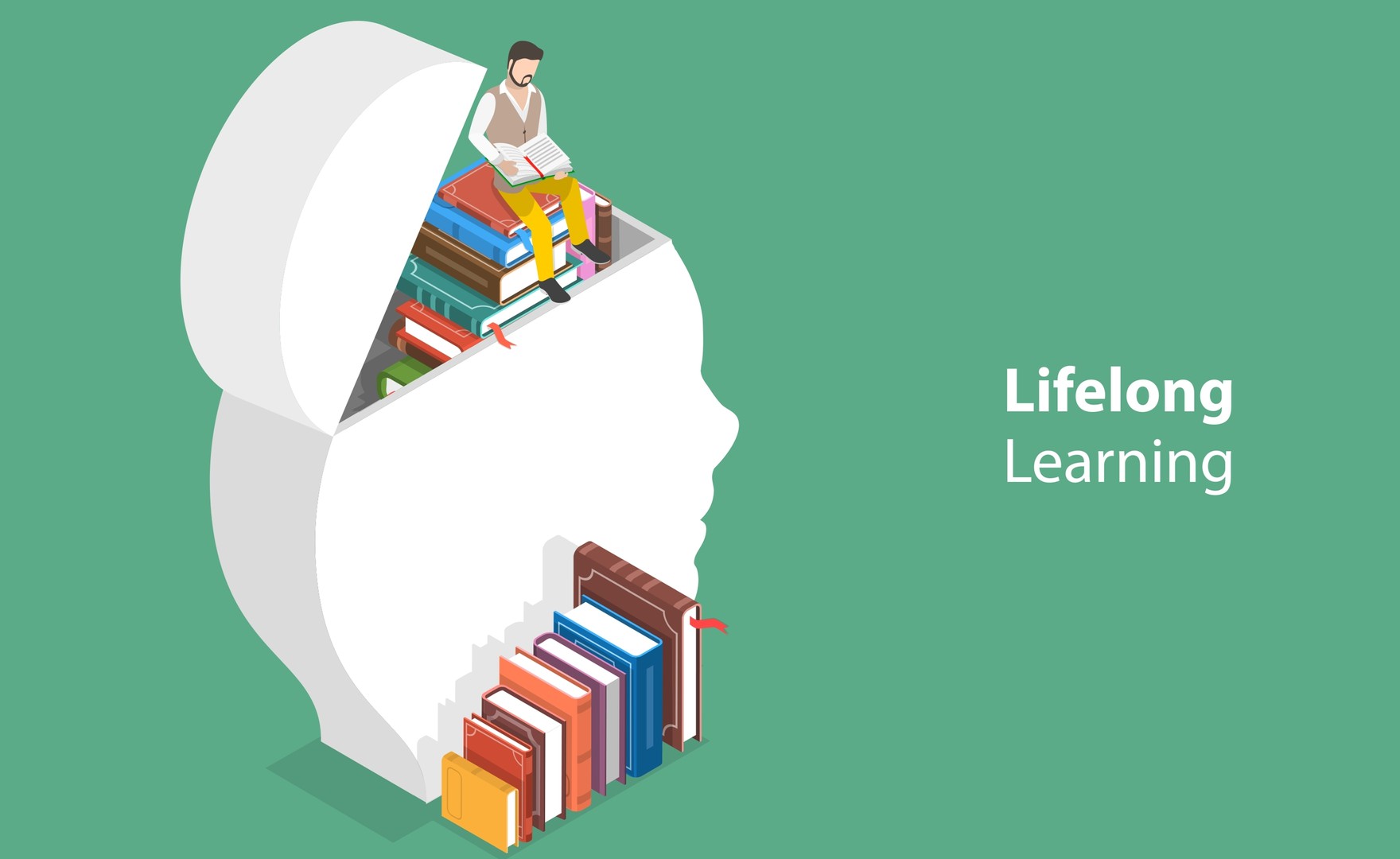If you would like to discover more about coaching and training as a coach, do come along to one of our free upcoming virtual open events or webinars.

As faculty on the AoEC’s Practitioner Diploma in Executive Coaching programmes, we meet many highly-qualified, highly-experienced and highly-effective professionals. And some of these emerging coaches struggle initially before finding their breakthrough into learning the way of coaching.
In addition, they struggle with the fact of their initial struggle: “I ought to be able to do this”; “I ought to find it easier than this”; “Why can’t I make my brain or my vocal chords do what I want them to do?”
In his book Beginners: The Curious Power of Lifelong Learning, Tom Vanderbilt explores the concept of the beginner’s mind as an ally in learning. He brings together theories and wisdom of others, to suggest a number of ideas which can help ease the pressures which adult learners often feel.
And many of them link directly to the experience of learning to be a coach.
One surprising insight is that learning from peers – ie other novices – can be a very effective way of learning, rather than just paying attention to experts. When we are with peers, we see that we are not alone, so there is reassurance. We can also pick up techniques which are appropriate for our own level of skill, rather than trying to emulate an expert who is operating from a level of deeper understanding and insight which we ourselves don’t yet have.
Sadly, Vanderbilt points out that the older the novice, the harder we may find the learning journey. But he also reminds us that the neuroplasticity of the brain means that a functioning mind can always grow and change (the Co-Active Coaching model draws on the same research). And, the more learning that adults take on, the faster we learn next time.
Many beginners over-think things: our brains hold us back. When we try and exert control over ourselves, we freeze up (see Timothy Gallwey’s insights within the GROW model, drawn for example from working with Molly on her tennis skills.
So instead, as beginners can help ourselves by setting small goals, and interim goals, to reduce the pressure. We can allow ourselves to learn by degrees, accepting that we are learning even if there is more to learn. AoEC coaching programmes extend over several months for good reason – learning takes time, and integration of learning requires space between the practice as well as the practice itself.
And within the programme, participants can learn (as Vanderbilt recommends) not by repeating over and over again the same practice. Reflecting on what worked and what was less effective, is better than learning by rote. We “practice deliberately”, trying out new things. We mix ourselves up with other peer learners, watching how they do it, or trying a new approach with the same person, or by just practising one thing (e.g. open questions, or holding silence) to see what happens.
In giving ourselves permission to get it wrong, we build confidence in our own flexibility, knowing that we have coped and found ways out of mistakes.
As AoEC faculty, we know ourselves what it is like to learn something new. We work on enabling participants to find their path – with support, guidance, advice, patience as needed – trusting that the lessons they learn from themselves and each other will be as valuable as what they also learn from us.
Article
Why coaching skills stick: the power of learning that lasts
3rd July 2025 by Lee Robertson
Some learning fades fast. You read a book or attend a workshop, take a few notes, and by the following…
Interview
In conversation with Natalia Zalesinska
17th June 2025 by Lee Robertson
In this interview, we speak with Natalia Zalesinska, executive coach, trainer, and head of AoEC Poland. With a background in…
Interview
Professional Practitioner Diploma / “This diploma didn’t just give me new tools - it fundamentally changed how I see my role”
17th June 2025 by Lee Robertson
In this interview, we talk to Mitra Gholam, executive and leadership coach and member of the team at Alira Consulting,…